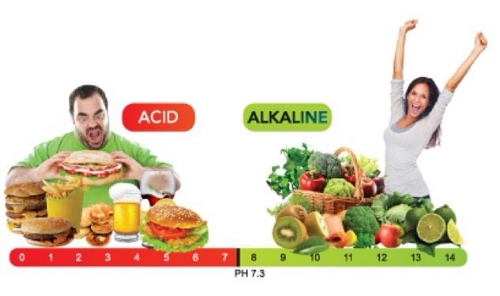Inflammatory Conditions and Nutrition
Inflammation can be good or bad, depending on the situation. On one hand, it’s your body’s natural way of protecting itself when you are injured or sick. It can help your body defend itself from foreign invaders, and can stimulate healing.
On the other hand, chronic, sustained inflammation in the body can be harmful. It is linked to an increased risk of diseases like diabetes, heart disease, obesity and many others. Interestingly, the foods you eat can have a major effect on inflammation in your body. Especially if you already have a problem with inflammation in the body already, such as Arthritis or Tendinitis.
If you have a condition that causes inflammation, it may help to change your eating habits. While medication and other treatments are important, many experts say that adopting an anti-inflammatory diet may help. If you have Rheumatoid Arthritis, changing what’s on your plate won’t be a magic cure, but it might lessen the number of flare-ups that you have, or it may help take your pain down a few notches.
An anti-inflammatory diet is widely regarded as healthy, so even if it doesn’t help with your condition, it can help lower your chances of having other problems.
Certain foods create an acidic environment in your body. When we talk about a food and how “acidic” it is, we’re not talking about the taste. For example, lemons may taste acidic but when you eat them, they don’t create an acidic state in your body. So when we talk about acidic foods, we’re referring to the changes in the acidity levels within the body once that food is ingested. Acid forming food in your diet can lead to many different forms of inflammation, including arthritis, acne, fatigue, bloated feeling, weight gain, and more.
Over time, highly acidic diets mean that the body has to work harder to neutralize its acidic state. Through your bloodstream, your kidneys, lungs, and other organs work hard to keep your PH balanced and keep your acid levels under control. When we ingest a high amount of “acid forming” foods, our bodies work to neutralizes it with a system called “buffering.”
One of the ways your body neutralizes or “buffers” these acidic foods is by taking calcium and magnesium from your teeth, bones, or muscles….. Calcium and magnesium that your body already needs for other reasons
Here are some foods that are perfect for an anti-inflammatory diet:
Almonds, Avocado, Broccoli, Blueberries, Carrots, Beans, Kale, Olive Oil, Salmon, Oranges, Strawberries, Sweet Potato, Walnuts, Herbs and Spices, Whole Grains, Apple Cider Vinegar, Greens in general.
Foods that contain high levels of acid are foods include:
Fast Food, foods high in artificial sweeteners, high in Fructose, high in added sugars, artificial trans fats (look for “partially hydrogenated oils” on the food label, Vegetable Oils, Refined Carbs, Excessive Alcohol, Protein Bars, Baked Goods, Processed Meats, Soft Drinks, Coffee.
If you are concerned about high acid foods consumption, and need more information, see a Dietitian.
In our Advanced Nutrition course at Inspire, we cover this subject in detail. If you would like to know more, please phone 5559 0623 and have a chat to us about our Advanced Nutrition course.

